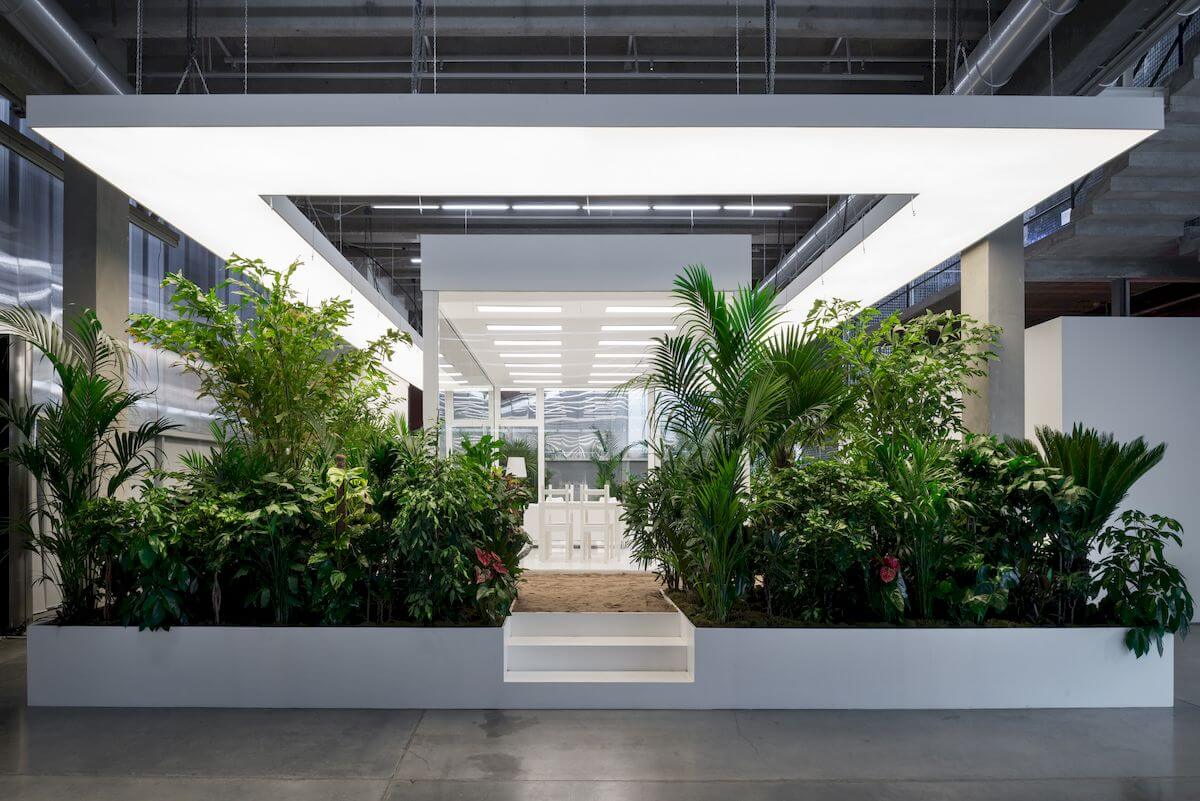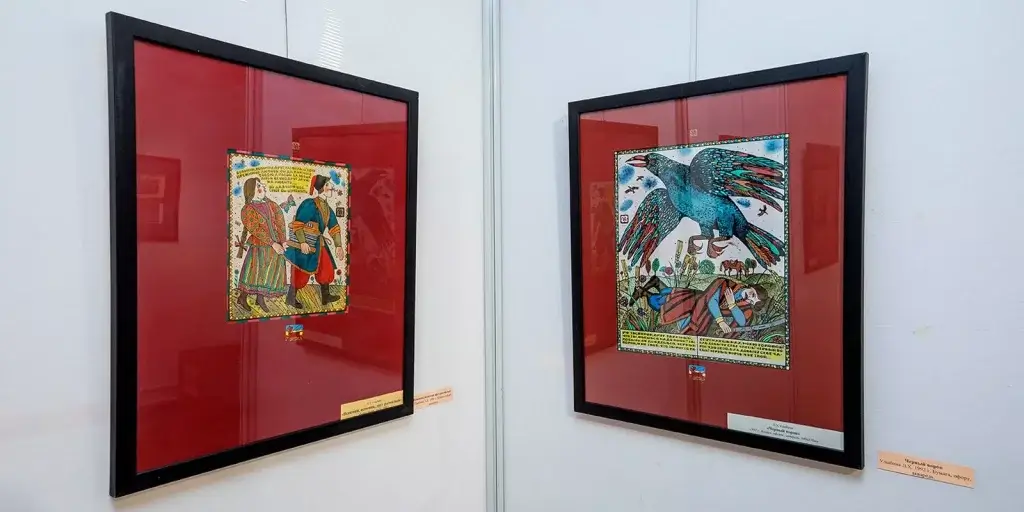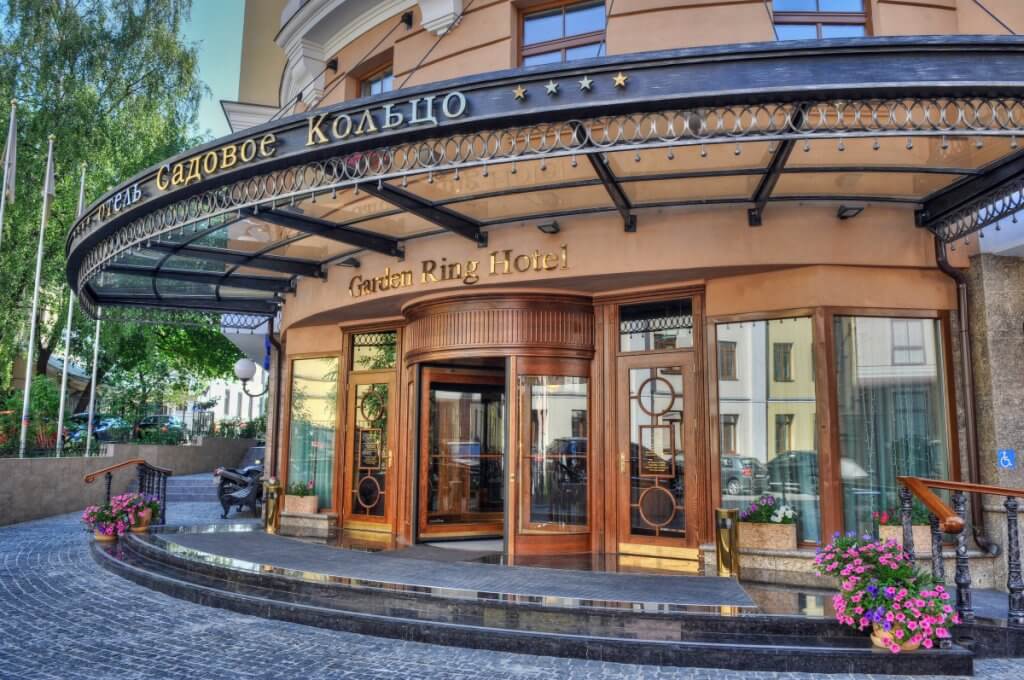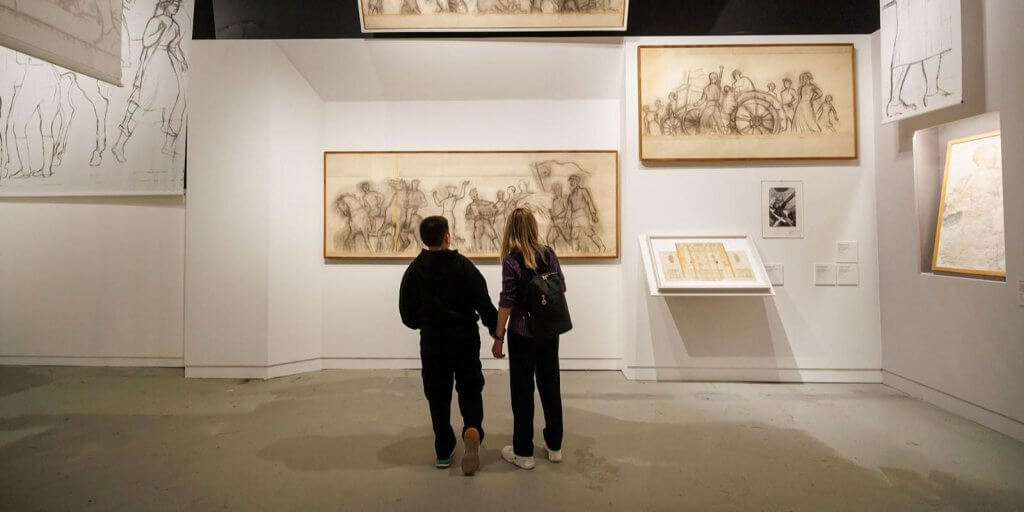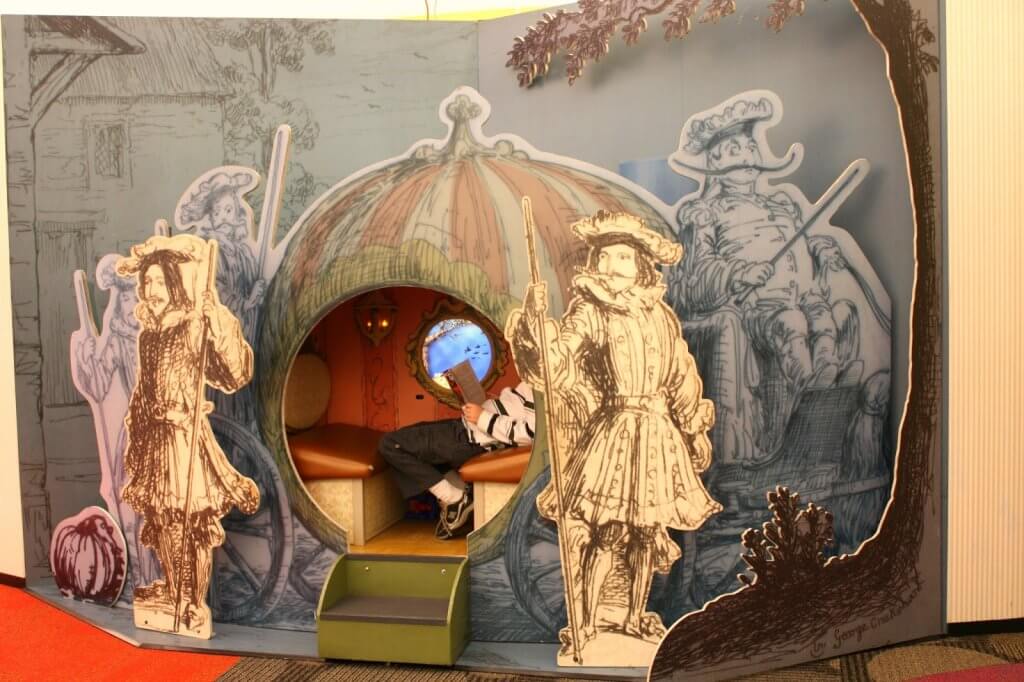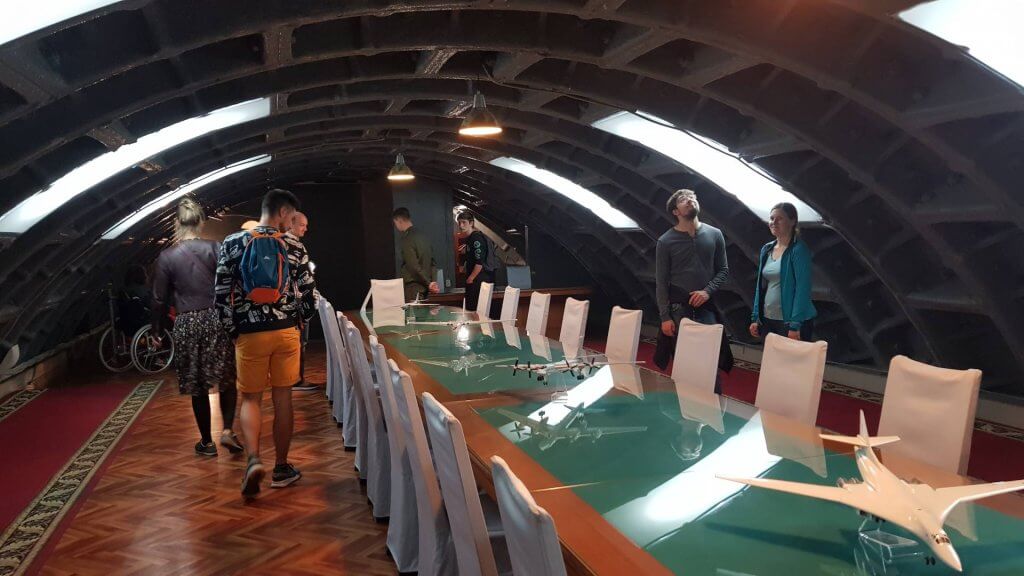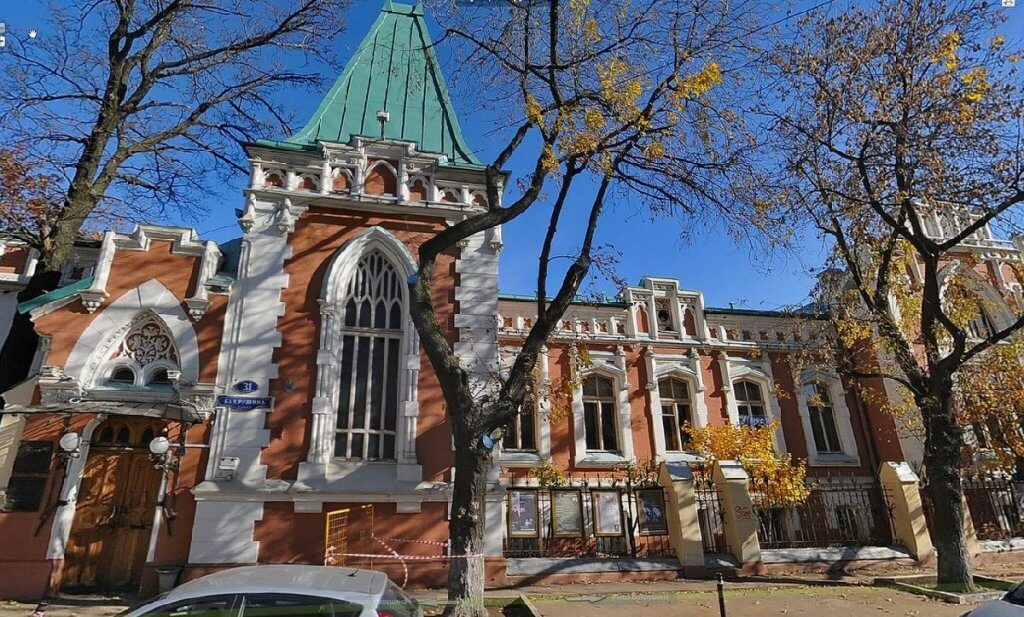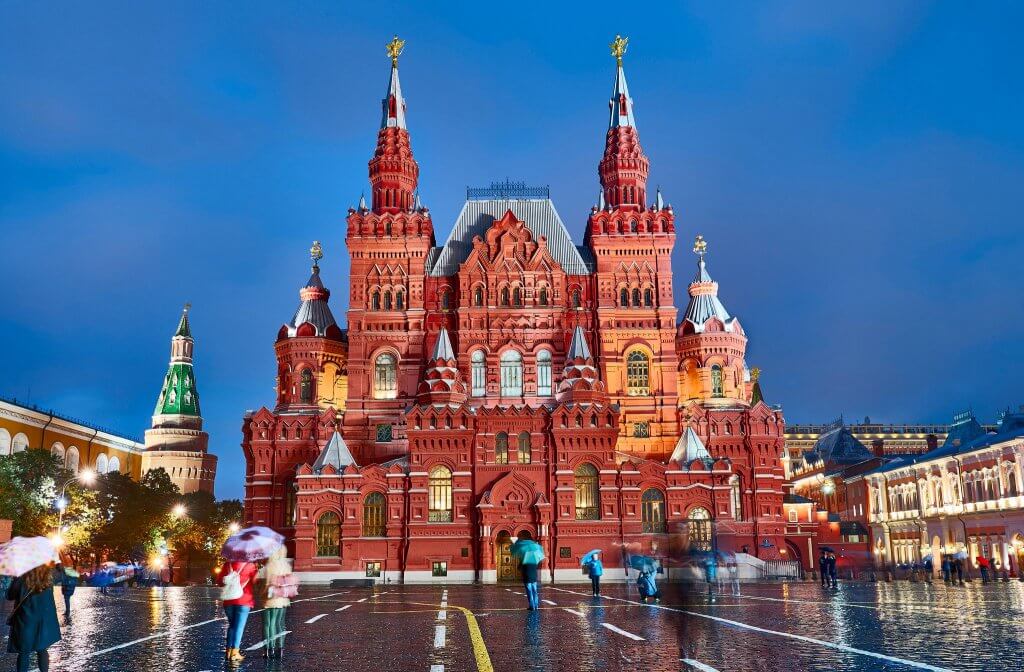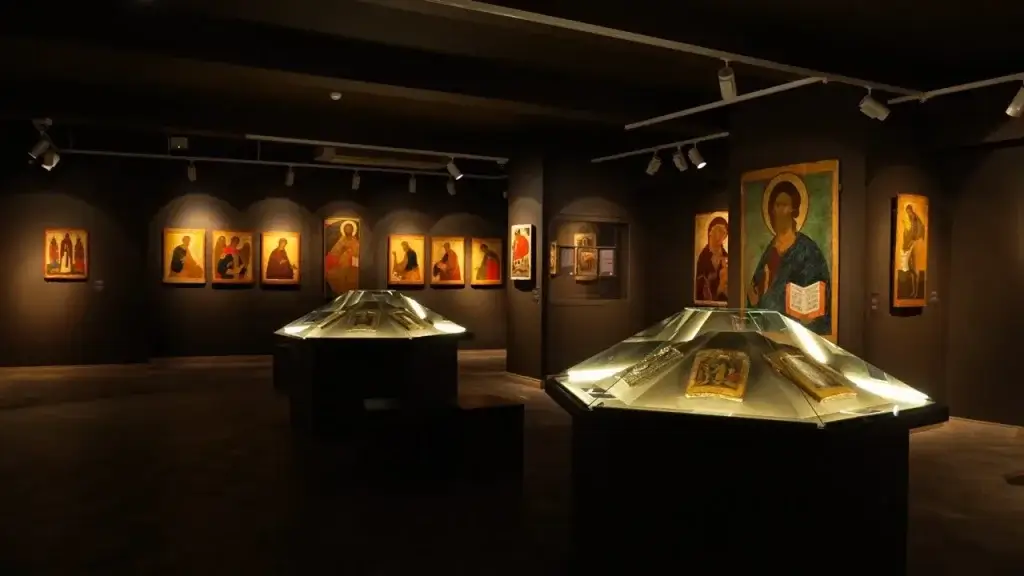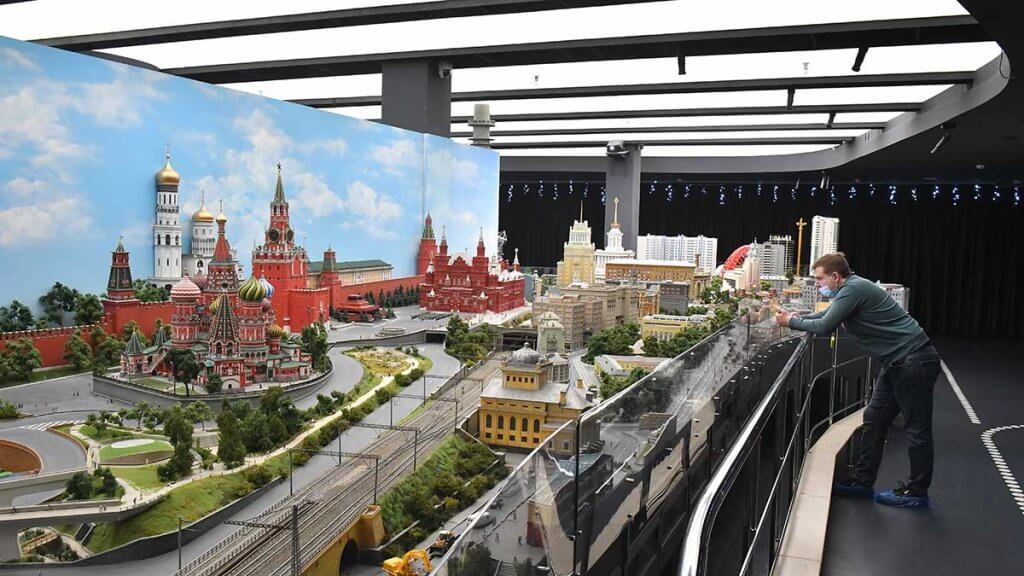A Green Space for Learning
The Museum of Ecology Moscow is a vibrant destination for anyone passionate about the environment and sustainability. Located near the Botanical Garden, this museum combines science, education, and creativity to raise awareness about the planet’s ecosystems and the challenges they face. Visitors can explore interactive exhibits, multimedia displays, and hands-on workshops that make learning about ecology both fun and impactful.
Why Visit the Museum of Ecology Moscow?
- Environmental Insights : Learn about biodiversity, ecosystems, and the impact of human activity on nature.
- Interactive Fun : Participate in experiments and activities that explain ecological concepts.
- Inspiration for Action : Discover practical ways to live sustainably and protect the planet.
Key Exhibits to Explore
- Biodiversity :
- Displays on endangered species and efforts to protect them.
- Interactive models showing how ecosystems function and depend on each other.
- Climate Change :
- Exhibits explaining the causes and effects of global warming.
- Stories of how communities are adapting to changing environments.
- Sustainable Practices :
- Demonstrations of renewable energy technologies like solar panels and wind turbines.
- Hands-on stations teaching visitors how to reduce waste and conserve resources.
- Urban Ecology :
- Stories of how cities like Moscow are integrating green spaces and sustainable infrastructure.
- Exhibits on rooftop gardens, urban farming, and eco-friendly architecture.
Hidden Gems You Might Miss
- The Secret Archive : Rare documents on early environmental conservation efforts in Russia.
- Sounds of Nature : Audio installations recreate the sounds of forests, rivers, and wildlife.
- DIY Workshop : Learn how to create your own compost or build a birdhouse for urban wildlife.
Practical Information
- Location : Near the Botanical Garden (close to [Museum of Water]).
- Hours : 10:00 AM–7:00 PM (closed Mondays).
- Tickets :
- Adults: 400 RUB
- Kids: 200 RUB
- Free for families visiting the [Museum of Bread] on the same day.
How to Maximize Your Experience
- Combine with nearby attractions:
- [Museum of Water] for insights into one of Earth’s most vital resources.
- [Botanical Garden] for a relaxing walk through nature after your visit.
- Attend workshops: Learn about sustainable living, recycling, or urban gardening.
The Role of Ecology in Modern Society
- Historical Context :
- Early conservation efforts focused on protecting forests and wildlife from industrialization.
- Soviet-era campaigns promoted reforestation and environmental awareness.
- Modern Challenges :
- Climate change, deforestation, and pollution threaten ecosystems worldwide.
- Cities like Moscow are leading the way in adopting green technologies and policies.
- Future Solutions :
- Innovations in renewable energy, waste management, and sustainable agriculture offer hope.
- Education and community action are key to creating a greener future.
Visitor Reviews
- “The exhibit on climate change was eye-opening—it made me want to take action!” — Ivan, environmentalist.
- “My kids loved the workshop where they built their own birdhouse. Such a fun and educational experience!” — Maria, parent.
Future Plans for the Museum
- Expansion in 2025 : New exhibits focusing on global environmental movements and innovations.
- Collaborations : Joint projects with the [Museum of Water] on the interconnectedness of ecosystems.
Conclusion
The Museum of Ecology Moscow is more than just a collection of facts—it’s a call to action for a greener, more sustainable future. From endangered species to renewable energy, it highlights the importance of protecting our planet for generations to come.
- Why It Stands Out :
- The museum combines science, education, and hands-on experiences in one place.
- Interactive exhibits make complex concepts accessible to all ages.
- Cultural Relevance :
- Highlights universal themes like sustainability, innovation, and responsibility.
- Inspires appreciation for the natural world and our role in preserving it.
- Why Return :
- Rotating exhibits feature new discoveries and technologies.
- Seasonal events, like tree-planting workshops, add variety.

